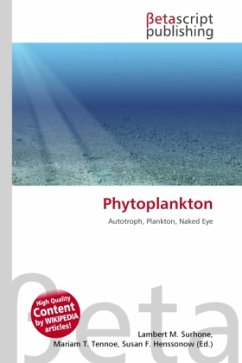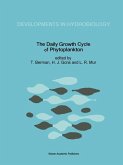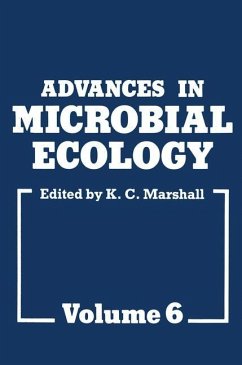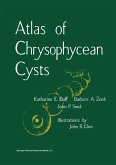Phytoplankton obtain energy through the process of photosynthesis and must therefore live in the well-lit surface layer (termed the euphotic zone) of an ocean, sea, lake, or other body of water. Phytoplankton account for half of all photosynthetic activity on Earth. Thus phytoplankton are responsible for much of the oxygen present in the Earth's atmosphere half of the total amount produced by all plant life. Their cumulative energy fixation in carbon compounds (primary production) is the basis for the vast majority of oceanic and also many freshwater food webs (chemosynthesis is a notable exception). As a side note, one of the more remarkable food chains in the ocean remarkable because of the small number of links is that of phytoplankton feeding krill (a type of shrimp) feeding baleen whales.
Bitte wählen Sie Ihr Anliegen aus.
Rechnungen
Retourenschein anfordern
Bestellstatus
Storno








